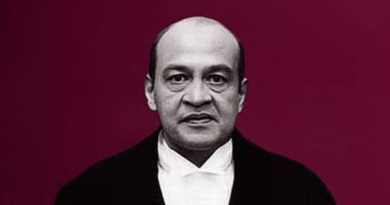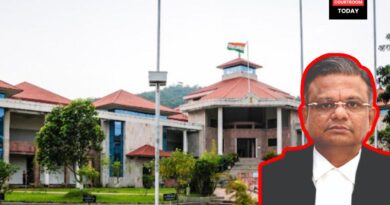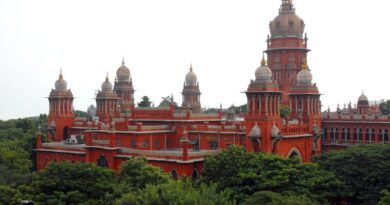Supreme Court to Hear Demand for ‘Creamy Layer’ Rule in SC/ST Quota
The Supreme Court on Monday issued a notice to the Union Government on a Public Interest Litigation (PIL) seeking reforms in the reservation system for Scheduled Castes (SC) and Scheduled Tribes (ST). The petition demands that reservation benefits be prioritised based on the income of beneficiaries so that the poorest within these communities get the first preference.
A Bench of Justices Surya Kant and Joymalya Bagchi agreed to hear the matter, cautioning the petitioners that the case may face strong opposition due to its far-reaching implications.
The PIL, filed by Ramashankar Prajapati and Yamuna Prasad, argues that despite decades of caste-based reservations, the poorest sections of SC/ST communities are often left behind. The petitioners claim that a relatively well-off segment within these categories is repeatedly availing the benefits, while many still struggle with extreme poverty.
The petition seeks a “merit-cum-means” policy that incorporates economic criteria into the reservation framework for government jobs and educational institutions. According to the plea, this would ensure fairer distribution of opportunities and prevent wealthier SC/ST families from enjoying intergenerational advantages at the cost of the underprivileged.
The petition, filed through advocate Sandeep Singh and settled by advocate Reena N Singh, emphasises that the move is not to abolish caste-based reservations but to make them more effective by introducing a ‘creamy layer’ concept for SCs and STs.
It further highlights that, despite more than 70 years of reservations, a small but influential group within these communities has secured top jobs, better education, and financial stability, leading to economic inequality within the communities themselves. The proposed income-based prioritisation, the petitioners argue, will help direct state support towards those who genuinely need it most.





